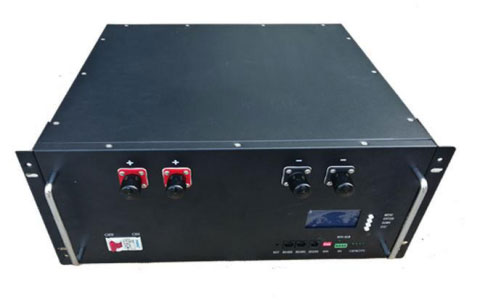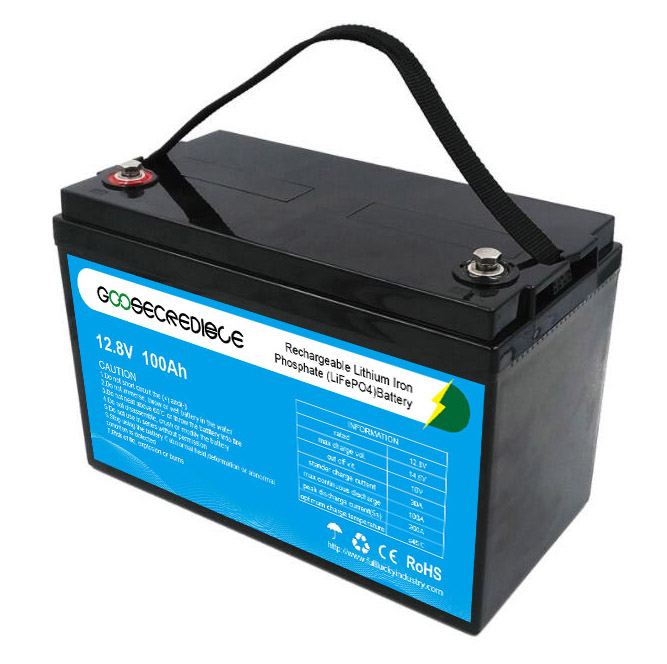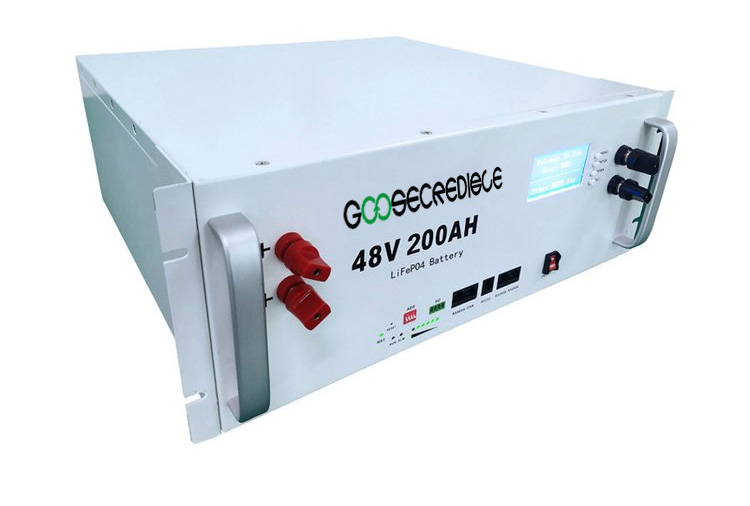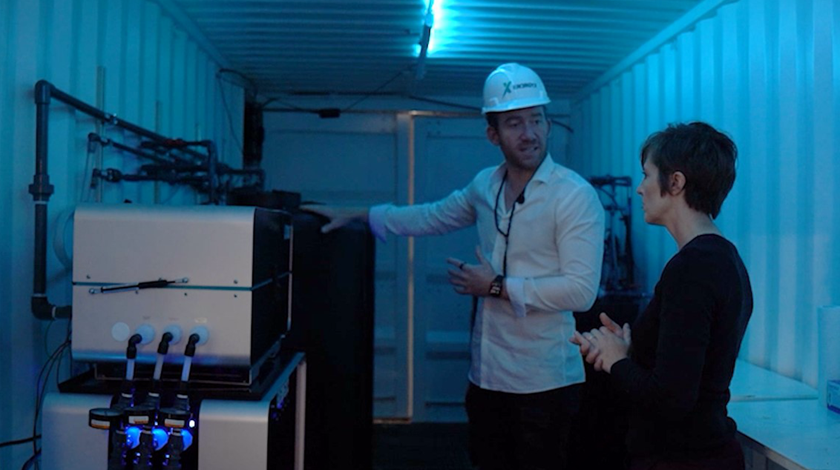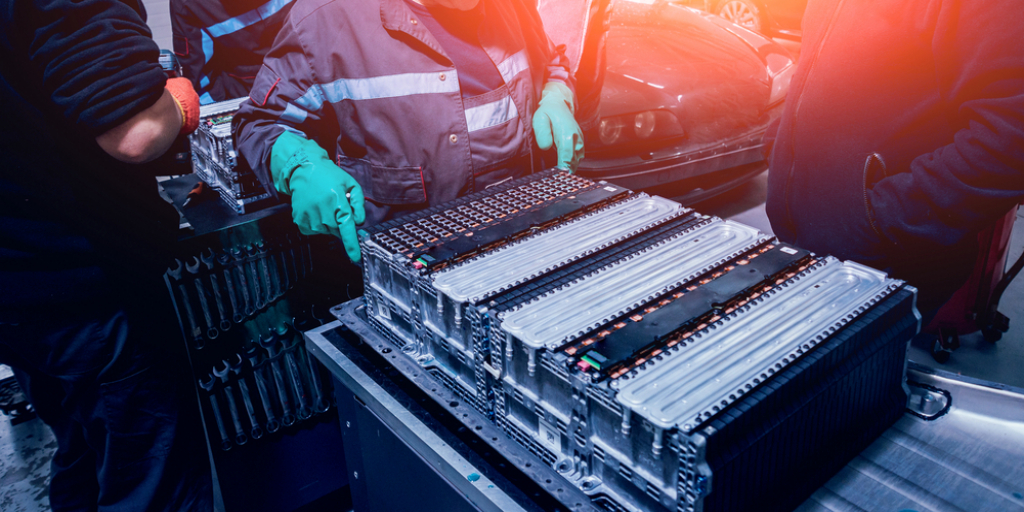Ведущие поставщики самонагревающихся аккумуляторов LiFePO4 для экстремальных погодных условий
LiFePO4 batteries are known for their high energy density, long cycle life, and low environmental impact. They are widely used in various applications, from electric vehicles to renewable energy storage systems. However, they are vulnerable to temperature extremes, especially low temperatures. When the temperature drops below a certain level, the battery’s performance and lifespan can be significantly reduced.
To overcome this problem, self-heating LiFePO4 batteries have been developed. These batteries have built-in heating elements that can maintain a constant temperature range, even in extreme weather conditions. They are ideal for applications that require reliable operation in harsh environments, such as military, aerospace, and outdoor electronics.
Capacity: The capacity of the battery determines how much energy it can store. You should choose a battery with a capacity that meets your power requirements.
Voltage: Voltage is another critical factor to consider. Most self-heated LiFePO4 batteries have a voltage of 12V or 24V, but some manufacturers offer batteries with different voltage ratings.
Temperature range: Self-heated LiFePO4 batteries are designed to work in extreme temperatures, but the temperature range varies from one battery to another. Choose a battery that can operate in the temperature range required for your application.
Size and weight: The size and weight of the battery are important if you’re using it for a portable application. Make sure the battery’s size and weight are compatible with your device’s requirements.
Certification: Make sure the battery supplier provides batteries that meet industry standards and certifications for safety, quality, and environmental compliance.
Find the product that best meets your needs.
Time: 2023-4-12
To charge a Lithium Iron Phosphate (LiFePO4) battery, follow these general steps: Use a charger specifically designed for LiFePO4 batteries, as this type of battery has a different charging profile than other lithium-ion batteries. Connect the charger to the battery, making sure the polarity is correct. Set the charger to the appropriate charging voltage and current for your specific battery. This information can usually be found on the battery or in the manufacturer's documentation. Charge the battery until it reaches its maximum voltage. For LiFePO4 batteries, the maximum voltage is usually around 3.65 volts per cell. Disconnect the charger from the battery once it is fully charged. Store the battery in a cool, dry place until you are ready to use it again. Note that it is important to follow the manufacturer's recommended charging procedures and safety precautions to avoid damaging the battery or causing a safety hazard. lifepo4 battery advantages: There are several advantages to using a LiFePO4 (Lithium Iron Phosphate) battery: Safety: LiFePO4 batteries are considered to be one of the safest lithium-ion batteries available. They are much less likely to catch fire or explode compared to other types of lithium-ion batteries, making them a popular choice for electric vehicles and other applications where safety is a top priority. Long Cycle Life: LiFePO4 batteries have a much longer cycle life compared to other lithium-ion batteries. They can be charged and discharged many times before their capacity starts to degrade. This means they can last much longer...
Time: 2023-4-18
The rated capacity of a starter battery indicates the amount of electrical charge that the battery can store and deliver to start an engine. This capacity is usually measured in ampere-hours (Ah) or cold cranking amperes (CCA). The Ah rating of a battery indicates how many amps it can deliver for one hour before it needs to be recharged. For example, a 50Ah battery can deliver 50 amps for one hour, or 25 amps for two hours, and so on. The CCA rating of a battery indicates its ability to deliver a high amount of current in cold temperatures. This is important because in cold temperatures, the engine requires more power to start, and the battery may not be able to deliver enough power if its CCA rating is too low. When choosing a starter battery, it is important to consider both the Ah and CCA ratings. A higher Ah rating will provide longer run time for accessories like radios and lights, while a higher CCA rating will provide better cold weather starting performance. It is also important to choose a starter battery that is the correct size and voltage for the vehicle. Installing a battery with the wrong size or voltage can cause damage to the vehicle\'s electrical system and may void the manufacturer\'s warranty. In summary, the rated capacity of a starter battery indicates its ability to store and deliver electrical charge for starting an engine. It is important to choose...
Time: 2023-5-7
In today's fast-paced world, we rely heavily on technology to get us through our daily lives. Whether it's charging our smartphones, powering our laptops or driving our cars, we need a reliable source of power to keep us going. This is where the 12V LiFePO4 battery comes in. In this article, we will explore the benefits of using a 12V LiFePO4 battery and how it can power up your life. What is a 12V LiFePO4 battery? A 12V LiFePO4 battery is a rechargeable Lithium Iron Phosphate battery that operates at 12 volts. It is a type of lithium-ion battery that is widely used in portable devices, electric vehicles, and renewable energy systems. The LiFePO4 chemistry is known for its safety, stability, and long cycle life, making it an ideal choice for energy storage applications. Benefits of using a 12V LiFePO4 battery 1. Longer lifespan One of the main advantages of using a 12V LiFePO4 battery is its long lifespan. Unlike other types of lithium-ion batteries, LiFePO4 batteries can last for up to 10 years or 4000 cycles, whichever comes first. This means that you can use them for a longer period without having to replace them frequently. 2. Safer chemistry LiFePO4 batteries are known for their safety and stability. Unlike other types of lithium-ion batteries that use volatile chemicals, LiFePO4 batteries are non-toxic and non-flammable, making them safer to use. They are also less likely to explode or catch fire, even when exposed...
Time: 2023-6-23
In today's world where technology is advancing rapidly, the demand for power storage systems has increased significantly. Lithium-ion batteries have become the go-to choice for energy storage, and amongst these, LiFePO4 batteries have gained immense popularity due to their superior performance and long lifespan. A 12V 200Ah LiFePO4 battery pack is a powerful energy storage solution that is ideal for various applications such as off-grid solar systems, electric vehicles, boats, and RVs. The battery pack comprises of high-quality Lithium Iron Phosphate (LiFePO4) cells that are known for their excellent thermal stability, high energy density, and long lifecycle. One of the most significant advantages of LiFePO4 batteries is their ability to provide a consistent and stable output voltage throughout the discharge cycle, which means that you can get the most out of your battery without worrying about voltage fluctuations. Additionally, LiFePO4 batteries have a higher discharge rate than lead-acid batteries, enabling them to handle high power demand applications easily. The 12V 200Ah LiFePO4 battery pack comes with a built-in Battery Management System (BMS), which monitors the battery's voltage, current, and temperature. This ensures that the battery operates within safe limits and prevents overcharging, over-discharging, and overheating. The BMS also balances the charge of each cell, which helps to extend the lifespan of the battery pack. Apart from being a reliable and high-performing energy storage solution, LiFePO4 batteries are also environmentally friendly. They have a lower carbon footprint than lead-acid batteries and do not contain any...
Time: 2023-5-2
When it comes to motorcycles, power, speed, and reliability are key. That\'s why choosing the right battery for your ride is so important. LiFePO4 motorcycle batteries are quickly gaining popularity as a high-performance and long-lasting option for riders. What is LiFePO4? LiFePO4 stands for lithium iron phosphate, which is a type of lithium-ion battery. LiFePO4 batteries are known for their high power output, long cycle life, and safety. They also have a lower risk of catching fire or exploding compared to other lithium-ion batteries. Why choose LiFePO4 for your motorcycle battery? 1. Higher performance LiFePO4 batteries have a higher discharge rate and can provide more power to your motorcycle\'s engine. This means faster acceleration, better engine response, and improved overall performance. 2. Longer lifespan LiFePO4 batteries have a longer cycle life compared to traditional lead-acid batteries. This means your battery will last longer and require fewer replacements, saving you money in the long run. 3. Lightweight LiFePO4 batteries are much lighter than traditional lead-acid batteries. This means less weight on your motorcycle and improved handling. 4. Increased safety LiFePO4 batteries are known for their safety. They have a lower risk of catching fire or exploding compared to other lithium-ion batteries, making them a safer option for motorcycle riders. 5. Environmentally friendly LiFePO4 batteries are more environmentally friendly compared to traditional lead-acid batteries. They are non-toxic and can be recycled, reducing their impact on the environment. ...
Time: 2023-7-15
Introduction: In recent years, lithium batteries have gained immense popularity due to their high energy density, lightweight nature, and long lifespan. Amongst various types of lithium batteries, the lithium iron phosphate (LiFePO4) battery stands out as one of the most reliable and durable options available. This article aims to delve into the lifespan of a 100Ah LiFePO4 battery and highlight its advantages over other battery chemistries. Understanding LiFePO4 Battery Chemistry: LiFePO4 batteries, also known as LFP batteries, utilize lithium iron phosphate as the cathode material. This unique chemistry offers several advantages compared to other lithium-ion batteries. Firstly, LiFePO4 batteries have a higher thermal and chemical stability, making them less prone to thermal runaway or explosion. Secondly, they exhibit a longer cycle life, ensuring extended usability. Lastly, LiFePO4 batteries are more environmentally friendly as they contain no hazardous materials like cobalt or nickel, minimizing the risk of pollution. The Lifespan of a 100Ah LiFePO4 Battery: The lifespan of a battery is typically determined by the number of charge-discharge cycles it can undergo before its capacity significantly degrades. A 100Ah LiFePO4 battery can endure approximately 2000 to 5000 cycles, depending on various factors such as depth of discharge (DoD), operating temperature, and charging rate. Depth of Discharge (DoD): DoD refers to the percentage of a battery\'s capacity that is utilized during each charge-discharge cycle. Generally, a lower DoD results in an extended battery lifespan. For a 100Ah LiFePO4 battery, maintaining a DoD of around 20-30% can ensure a longer...
Time: 2023-11-8
Introduction In the fast-paced world of communication, base stations play a critical role in ensuring seamless connectivity. These stations transmit and receive signals, facilitating the exchange of information between devices. However, to operate efficiently, they require a reliable and long-lasting source of power. In recent years, lithium batteries have emerged as a game-changer, revolutionizing base station technology. This article explores the power of lithium batteries in base stations and their impact on communication. 1. Enhanced Performance Lithium batteries offer numerous advantages over traditional lead-acid batteries, making them ideal for powering base stations. Firstly, they have a significantly higher energy density, meaning they can store more energy in a smaller and lighter package. This compact design allows for easier installation and flexibility in locating base stations, even in remote areas where power sources may be limited. Moreover, lithium batteries have a longer lifespan compared to traditional batteries. They can withstand a higher number of charge-discharge cycles, resulting in reduced maintenance costs and increased uptime for base stations. The longevity of lithium batteries also ensures uninterrupted communication, crucial in emergency situations or during natural disasters. 2. Improved Efficiency Base stations powered by lithium batteries operate with enhanced efficiency. Unlike lead-acid batteries, lithium batteries have low self-discharge rates, meaning they retain their charge for longer periods when not in use. This characteristic eliminates the need for frequent recharging, reducing energy waste and optimizing power consumption. As a result, base stations can operate for extended periods without requiring...
Time: 2023-5-24
The development of lithium batteries has been a game-changer in the world of electronics, powering everything from our smartphones to electric cars. But where did this technology come from, and how has it evolved over time? The roots of lithium battery technology can be traced back to the 1970s, when researchers at the Exxon Corporation began experimenting with lithium as a potential battery material. They discovered that lithium had a high energy density, meaning it could store a lot of power relative to its size and weight. This made it an attractive candidate for portable electronics, which were becoming increasingly popular at the time. However, early attempts to create commercial lithium batteries were hampered by safety concerns. Lithium is an extremely reactive element, and in its pure form, it can catch fire or even explode when exposed to air or water. To make matters worse, the first lithium batteries used a highly flammable liquid electrolyte, which made them even more prone to thermal runaway. It wasn't until the 1990s that lithium batteries began to hit the mainstream. One key breakthrough was the development of a solid polymer electrolyte, which was much safer than the liquid electrolytes used in earlier designs. This allowed lithium batteries to be used in a wider range of applications, from mobile phones and laptops to medical devices and military equipment. Another important development was the use of cobalt oxide as the cathode material in lithium-ion batteries. This material allowed for higher energy...







